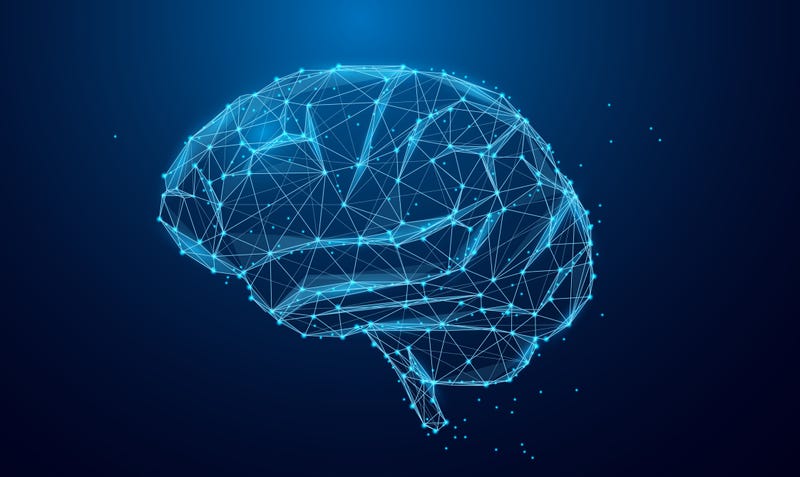
Like with all things, moderation is key, and new research is warning to dial back the amount of time you spend with artificial intelligence as it may be linked to mental health problems.
The research comes from a recent American Psychological Association study that linked mental health problems with those who spent too much time with AI, specifically those who work with the technology.
Jenny Woo, a researcher and lecturer at UC Irvine and founder and CEO of Mind Brain Emotion, which helps build people’s emotional intelligence, joined KNX In Depth’s Charles Feldman and Rob Archer to discuss the new study from the APA.
Woo says that the study comes as AI integration into the workplace is becoming increasingly common in jobs across the board. However, the main group researchers are warning to take caution is AI engineers, who spend more time with the technology than arguably anyone else.
“You can imagine, the typical water cooler conversations and interactions with human coworkers are less existent when you are allocated to working with computer screens,” Woo said. “So what the study, hot off the press, has really found is that mental health has taken an impact, predominantly because of an increased sense of loneliness by these AI researchers and workers.”
Along with loneliness, Woo says other behaviors observed among AI researchers were insomnia and an increase in alcohol consumption.
While it may not sound like it, Woo says there is some good coming out of the study, as it shows the need for human interaction in the workplace.
Recently, many prominent names in the field of AI have stepped forward, calling for the progression of the technology to stop, warning of its potential and the lack of understanding of it.
Among those to speak out includes Geoffrey Hinton, a man who has spent years working and developing neural networks, which have since shaped modern-day artificial intelligence systems, earning himself the nickname the “Godfather of AI.”
Hinton left his position at Google at the beginning of last month after a decade of work on Google’s AI software. He shared his reasoning for leaving in a tweet, noting that it wasn’t Google’s actions that made him leave but the technology itself.
“I left so that I could talk about the dangers of AI without considering how this impacts Google,” Hinton tweeted. “Google has acted very responsibly.”
Several other prominent members of the AI world have also spoken up, and now some are asking if their warnings are only a sign that they are struggling with their mental health.
Woo says it’s a possibility, but the study also found those working desk jobs and those who had only been in the field for a couple of years were also affected, meaning it’s not just those who have spent a decade plus working with AI.
As for what needs to be done, Woo says more studies are needed in order to understand what risks are at play.
“This is one of the first research studies, really looking at the short-term impacts of AI,” Woo said, adding, “More needs to come” to help further understand its impact.


